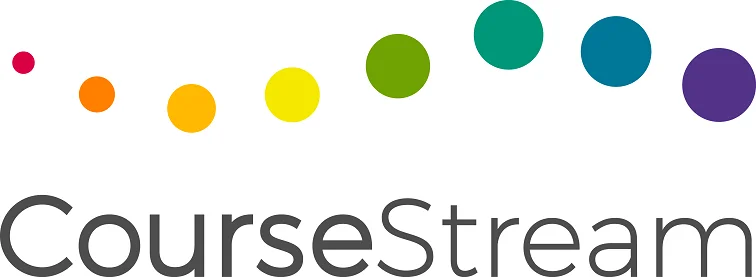Technical Writing Online Course
Why Study this Technical Writing Course?
Are you having a hard time improving your technical writing skills? Do you want to deepen your knowledge in technical writing for your profession? Then this course may just be the one you are looking for! This course will give you all the knowledge you need to further develop your skills in technical writing such as the suitable situations where it can be applied, how you can write based on your audience’s preferability, how you can write effectively with others, and more.
How do you write technical manuals, scientific documents, texts and articles or anything else of a scientific or technical nature? This course will show you how. You will develop skills to write technical information for a variety of different purposes. This course is a professional development course for anyone working in a technical field, from consultants and teachers to scientists and engineers.
- 100 hr online course
- Study in your own time and at your own pace.
- Learn the skills required in technical writing.
- Learn to write articles, technical reports and much more.
- Learn from industry experts – our tutors!
Course Aims:
- Identify a broad range of situations where technical writing is used and where you might gainfully apply those skills;
- Present technical documentation for a variety of situations;
- Determine how to write appropriately for a defined audience;
- Develop formats for different documents that follow a logical appropriate structure;
- Explain how to effectively collaborate with one or more people in the production of a technical writing assignment;
- Write items of technical writing that are appropriate for publication in different types of periodicals including: popular magazines, industry magazines, scientific journals, newspapers and e-zines;
- Write easy to follow, technically accurate instructions for a variety of processes, using a variety of equipment;
- Write a formal proposal for a project;
- Write in an effective and appropriate style of report, during, or on conclusion of a project.
Lesson Structure
There are 9 lessons in this course:
- Scope and Nature of Technical Writing
- Nature and Scope
- Quality of Information
- Nature of Language
- Structure
- Characteristics of Technical Writing
- Presentation of Technical Writing
- Presentation
- Basic Parts of a Document (Written text, Images, White space)
- Headings
- Types of Images (Tables, Charts, Graphs, Photos, Drawings)
- Captions and Labels
- Main Elements (Front Matter, Body, end matter)
- Creating an Index
- Elements of Different types of Technical Documents (References, Texts, Journals, Reports, etc)
- Referencing
- Matching Style and Content to the Audience
- Writing for an Audience
- Writing Well
- Writing Guidelines (Jargon, Gender neutral writing, Using simple sentences, passive or active language, first, second or third person, etc)
- Spelling, Grammar
- Editing, Proof reading
- Planning: Developing a Logical Structure or Format
- Creating a Technical Document
- Research the Document; gather information
- Plan; decide on the format
- Write; create an outline and then write the first draft
- Verify; check the accuracy of what you have written
- Revise; amend the document before
- Writing a First Draft
- Collaborative Writing
- Working in a team
- Tasks and Roles
- Technical Brief
- Strategies for Collaboration
- Style Guide
- Using Templates
- Using Email Effectively
- Writing Technical Articles for Periodicals
- Writing for Periodicals
- Publisher Specs
- Writing Descriptions and Specifications
- Journal Abstracts
- Writing Manuals and Procedures
- Writing manuals
- Writing Instructions and Procedures
- Guidelines
- Troubleshooting
- Writing Project Proposals
- What is a Proposal?
- Proposal Categories (Solicited and Unsolicited)
- Model for Writing Proposals
- Grant Proposals
- The Stop Format
- Writing Project Reports
- Types of Reports
- Progress Reports
- Completion Reports
- Review Reports
- Regulatory Reports
- Feasibility Reports
- Scientific Reports
- Elements of a Formal Report
- Executive Summaries
Enrol Now
- Experienced Tutor support
- Certificate sent to you
- Online study (Printed notes available)
- Self paced - no set timetable
- 12 months to complete course
From: $25.00 / week for 26 weeks
Get a Free Info Pack!









